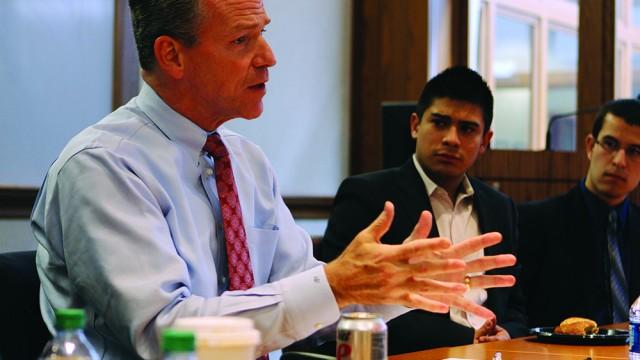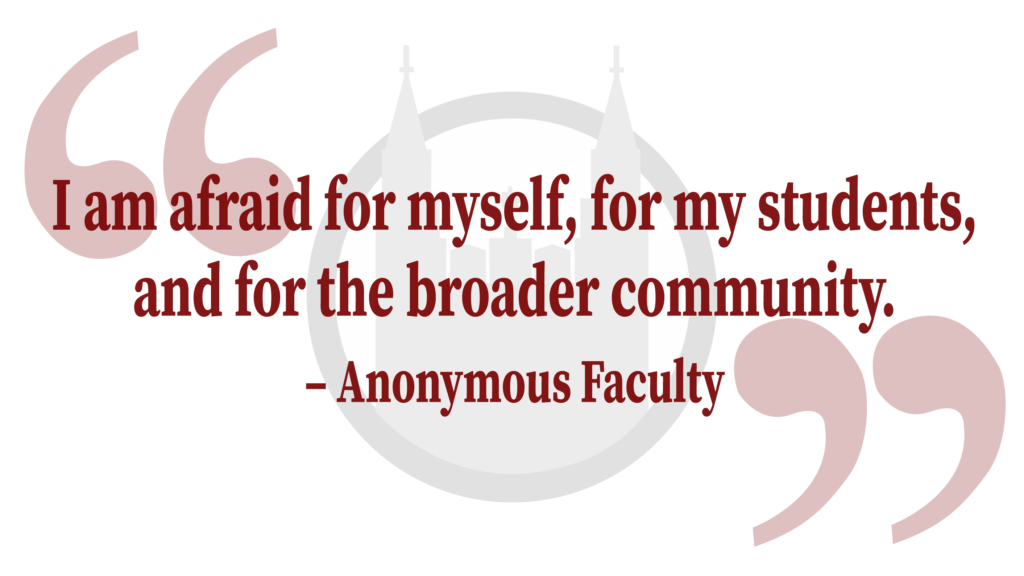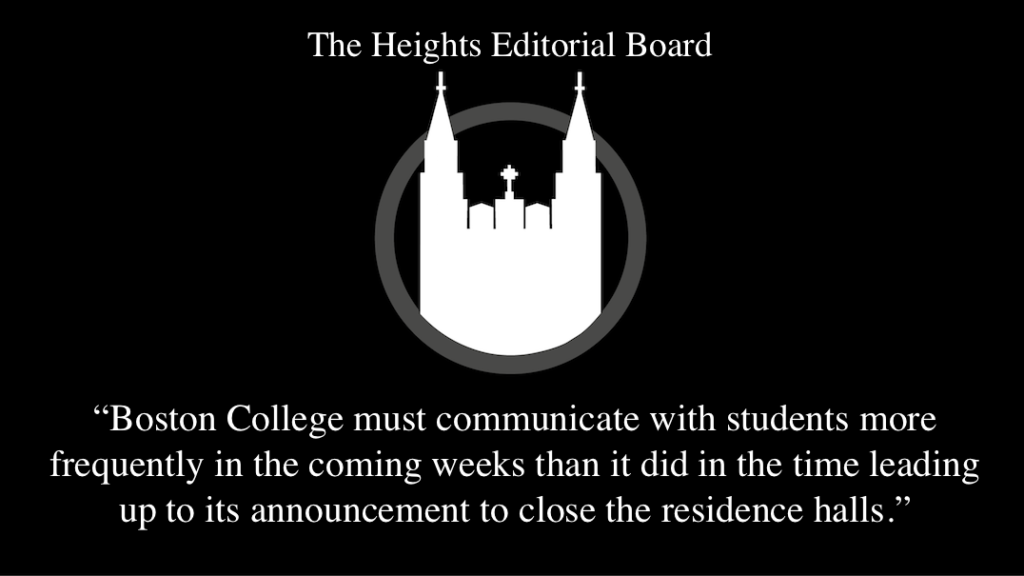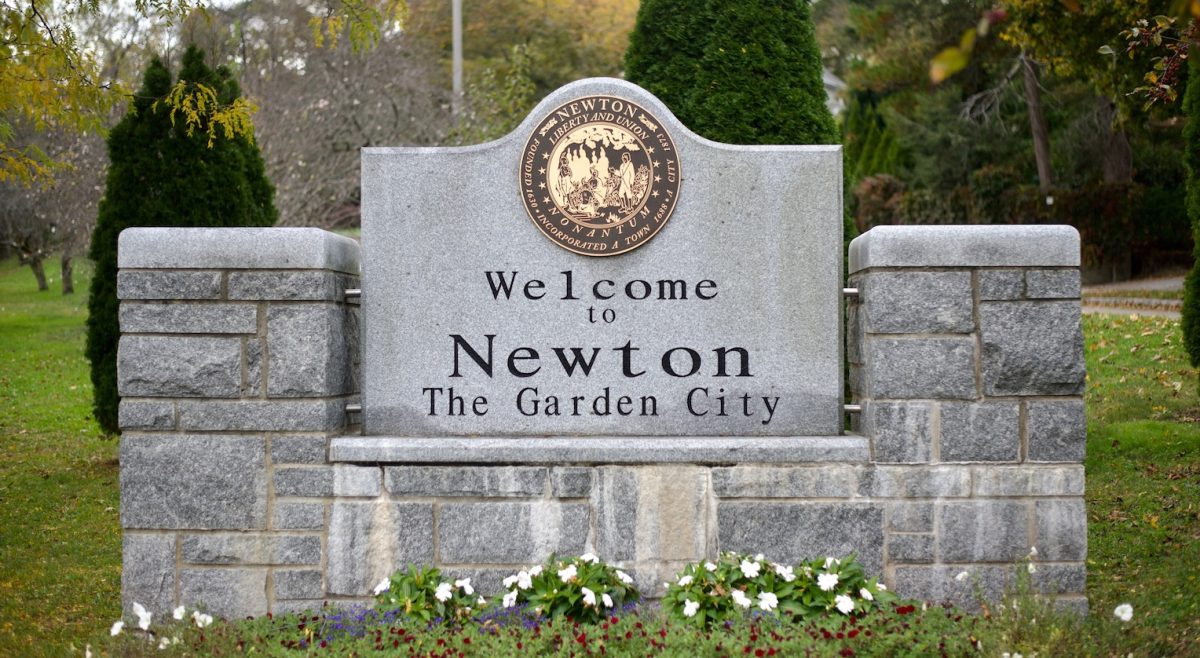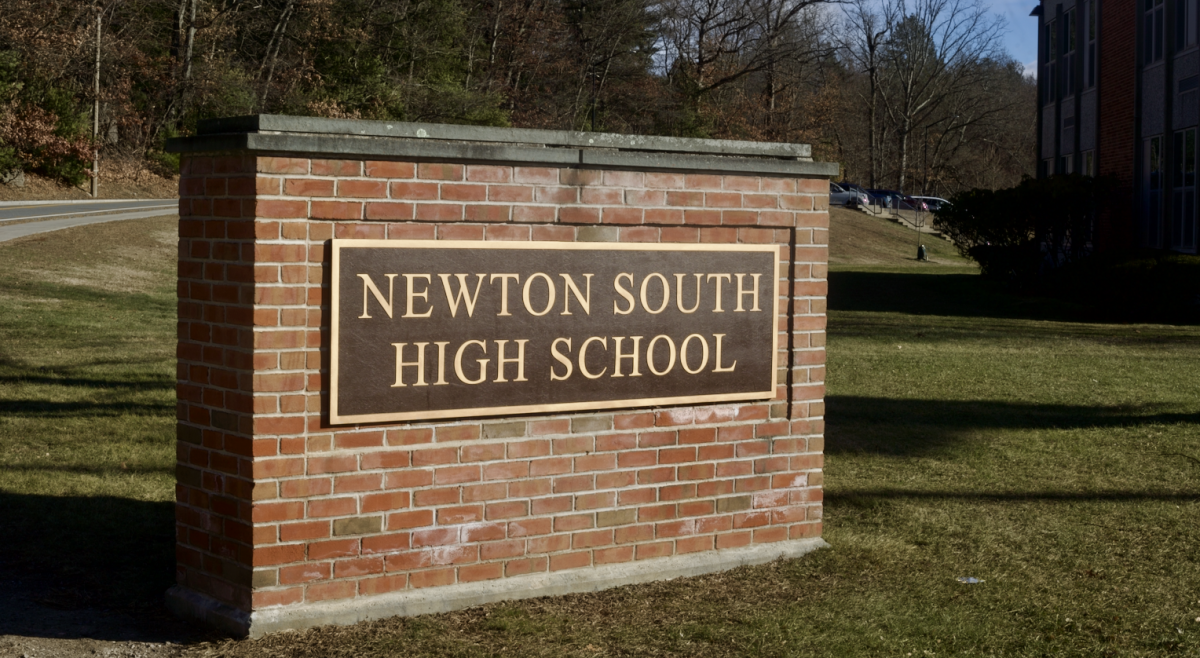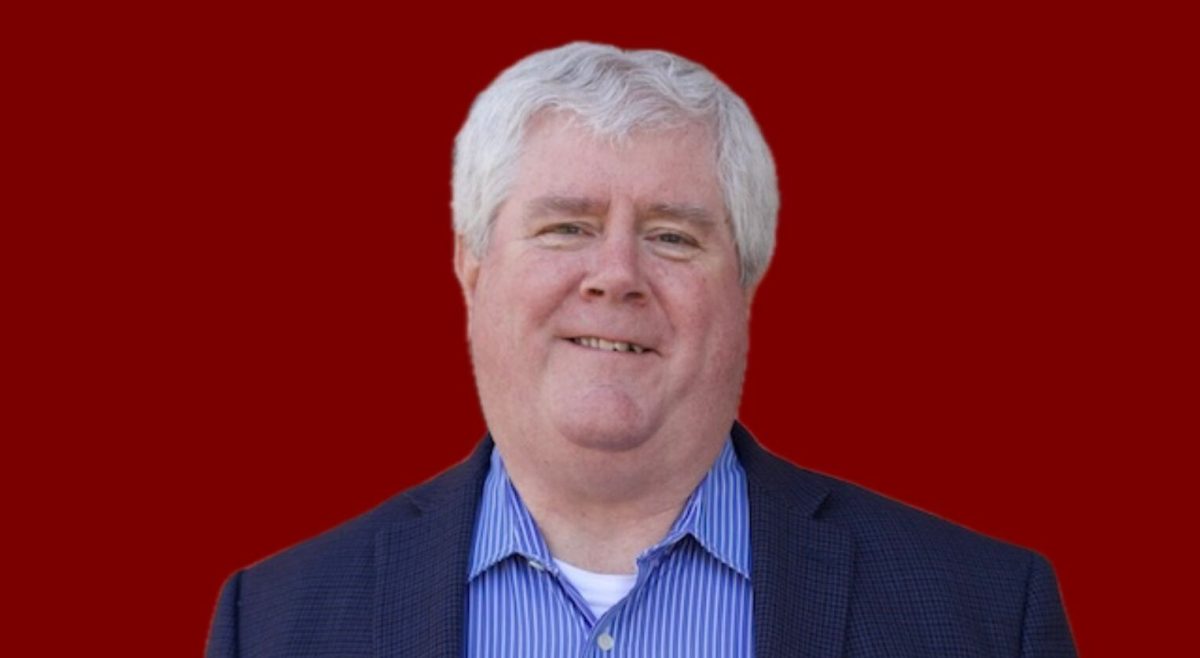“I’ve been doing what I think is best, and I’m going to go until the governor or mayor tells me to stop.”
John Fish is positioned in the front of a small Fulton Hall conference room, addressing a group of Boston College students about leadership. He has a commanding presence, speaking in a confident tone about his path to becoming CEO of Suffolk Construction Company—one of the most profitable general building contractors in the country—chair of the BC Board of Trustees, and most recently, the main force behind Boston 2024 Olympic Committee.
This is a man I have heard a lot about, but never seen in person. The controversial stories and rumors surrounding Fish seem to have drowned him in a never-ending sea of troubles. Critics of Boston’s Olympic bid have attacked Fish and his leadership for a lack of transparency in the bid process, and not including the public on a decision that could ultimately affect the city’s legacy for decades to come. Others have questioned how the privately-funded organization could possibly stage the Olympic ceremonies, which typically far exceed predicted costs, without taxpayer money. Some even think Fish should step down from his position altogether.
As Fish sat in the front of the Fulton conference room last week, he explained how his confidence on the football field helped him overcome severe dyslexia and perform better in the classroom. As he stressed the potential impact the Games could have on the city in the future, he insisted that bringing the Games to Boston “isn’t about me,” yet critics have portrayed the Olympic bid effort as The Fish Show, entangled in the business history of the construction executive.
What did Fish have to say about this?
“I’ve been doing what I think is best, and I’m going to go until the governor or mayor tells me to stop.”
Fish is trying to do what he thinks is right: bring a Summer Games to the city and state, create over 50,000 jobs and billions of dollars in economic development, and put Boston and America on the world stage. Along the way, the Olympics might just get the city a new T system that will actually work year-round.
The problem is that nobody believes him.
Boston 2024’s big plans were made behind closed doors, without the consideration of Bostonians, and the public can’t accept the organization’s pledge that the Games will be privately funded, especially when the Olympics has a history of exceeding budgets. Public support for the bid has dropped to 36 percent, down from 51 percent in January, according to a WBUR poll. The Wall Street Journal reported two weeks ago, citing unnamed sources, that the United States Olympic Committee (USOC) may drop Boston’s bid if public support doesn’t improve, though the USOC quickly denied the report. Even papers from Italy, France, and Germany are talking about Boston’s bid struggles, as if it’s a time bomb ready to explode.
It’s easy for us to shoot the messenger, but with Fish leading Boston 2024 to an impending doom, maybe it’s time for a change. With public support starting to wane, now is the perfect time for Mayor Martin J. Walsh, WCAS ’09, to reclaim control of a process that he never wanted—but could potentially end his tenure as Mayor if he sits on the sidelines. Despite Boston 2024’s claim that the Games will be privately funded, it is likely that billions of public dollars will go into transportation and building. Walsh and Governor Charlie Baker need to make it blatantly clear that Boston will use the Olympic plan to move the city forward—not just to please the International Olympic Committee (IOC).
Swaying back and forth in his chair at the front of the conference room, Fish explained that the secret to his success in business is the importance of relationships and building a base of trust.
“You need people to be successful,” Fish said. “I realized if I wanted to be successful, I have to understand the art of teamwork and compromise.”
Maybe it’s time, John, to compromise and take a step back from your position. You have a promising message and believe in Boston, but most people are struggling to see how the Games can improve the future of our city.
Public support is fading, and with time running out, Boston 2024 needs to show us a leader who can get a city to understand the Olympic dream.
Featured Image by Drew Hoo / Heights Editor

